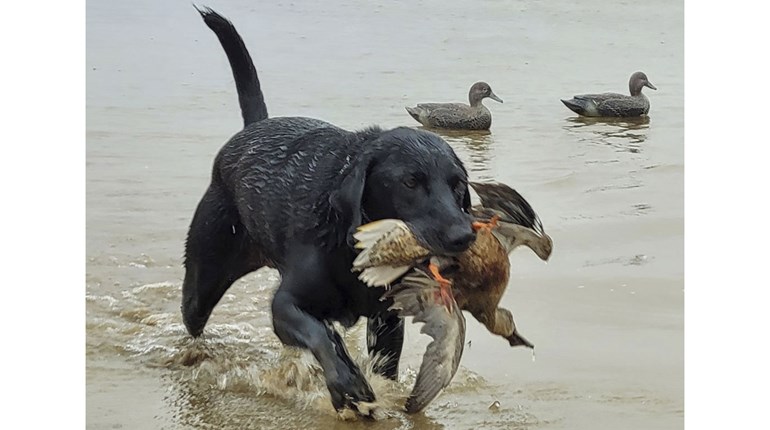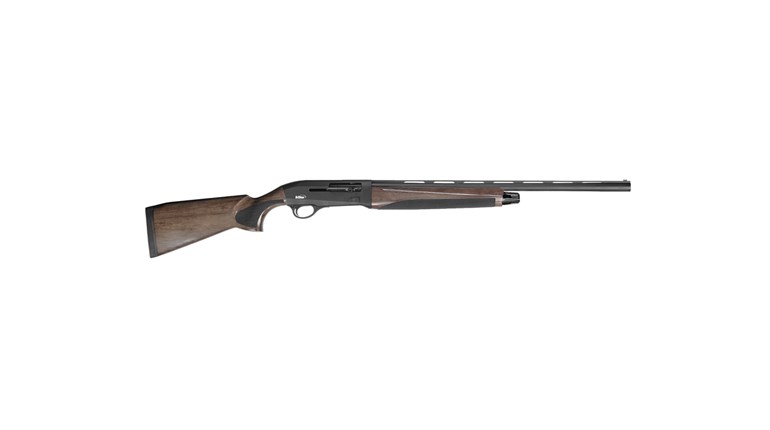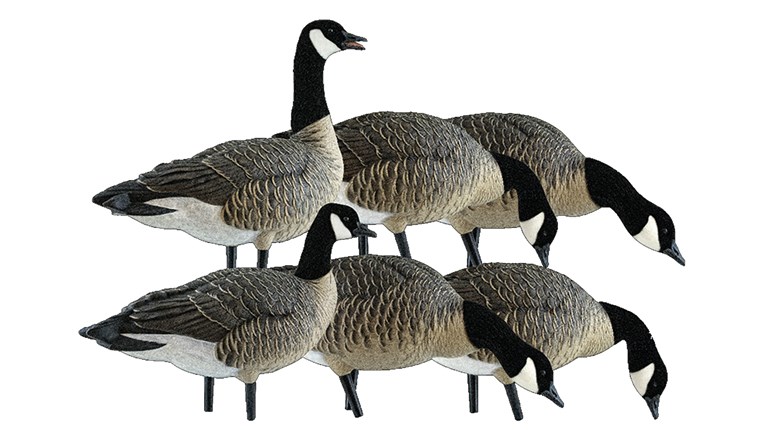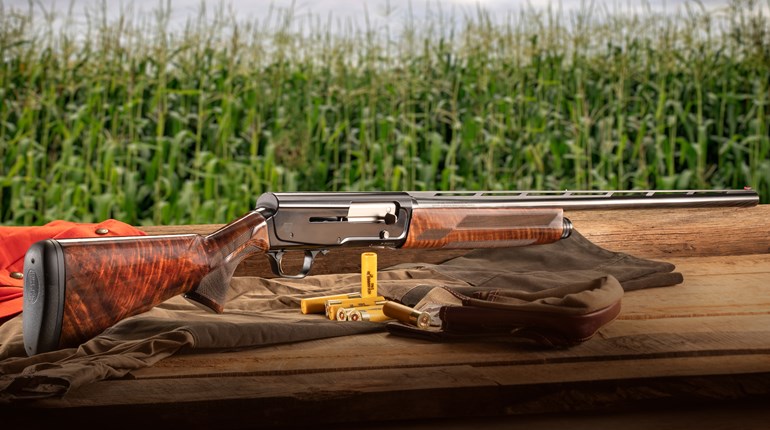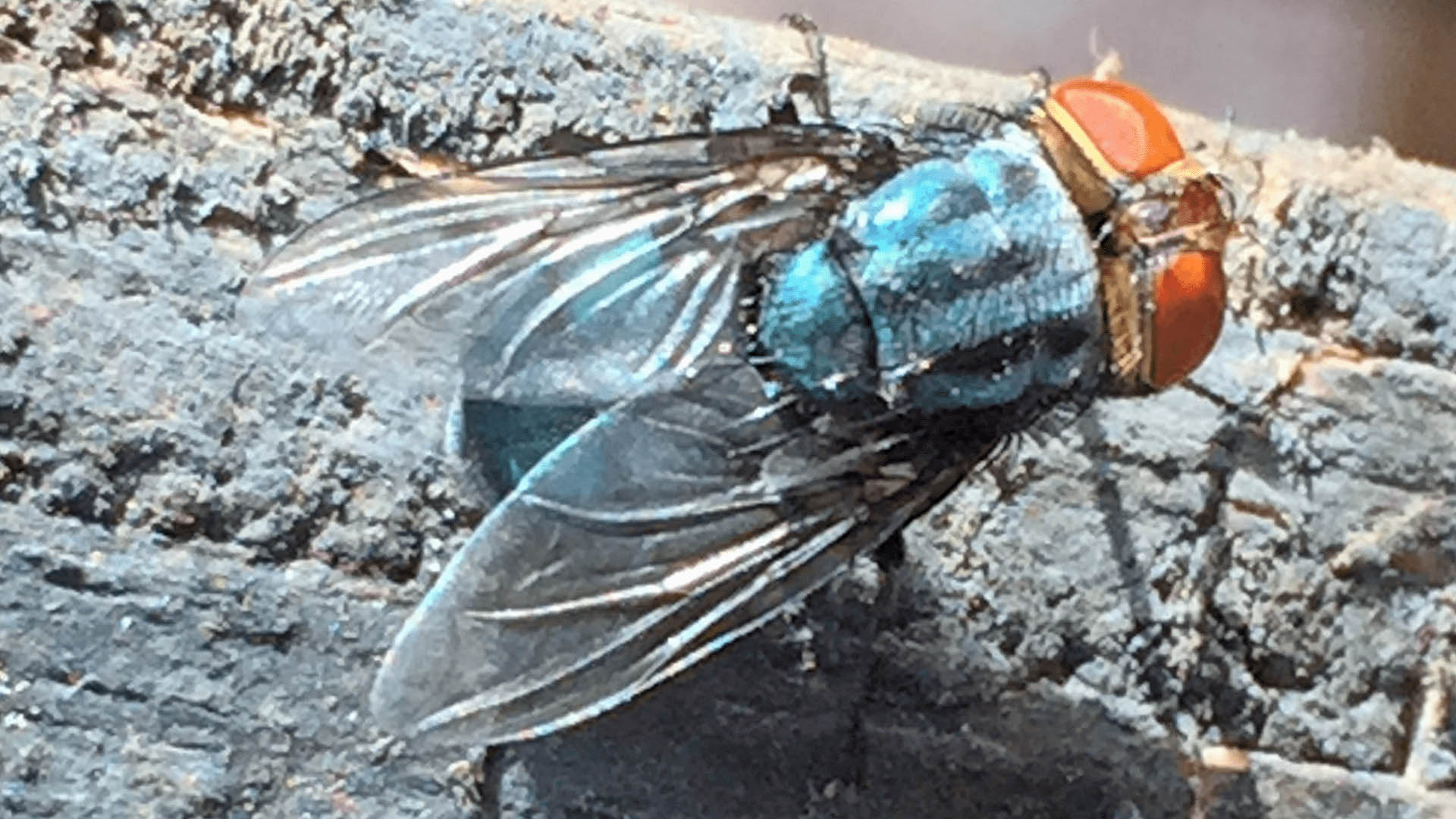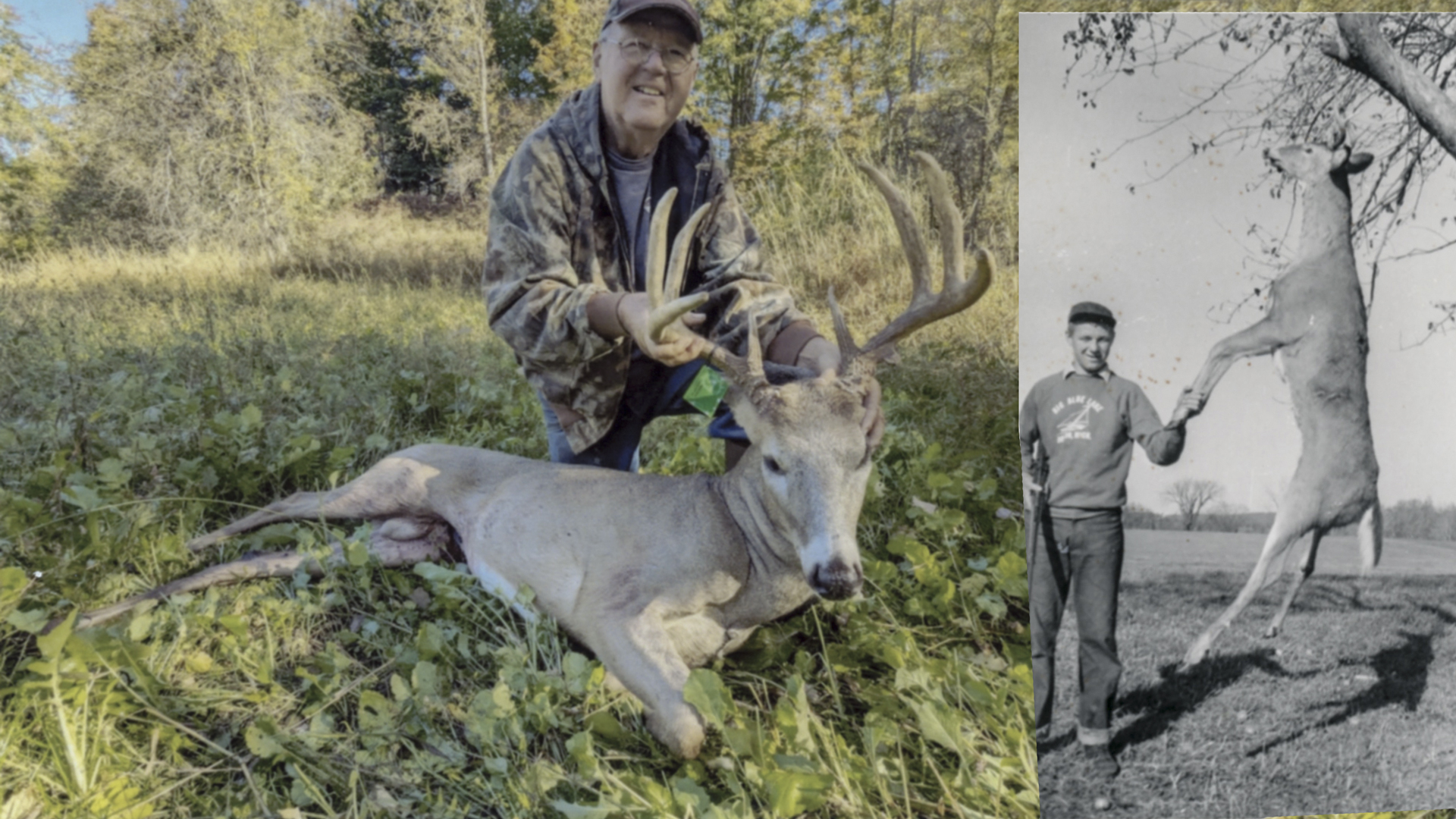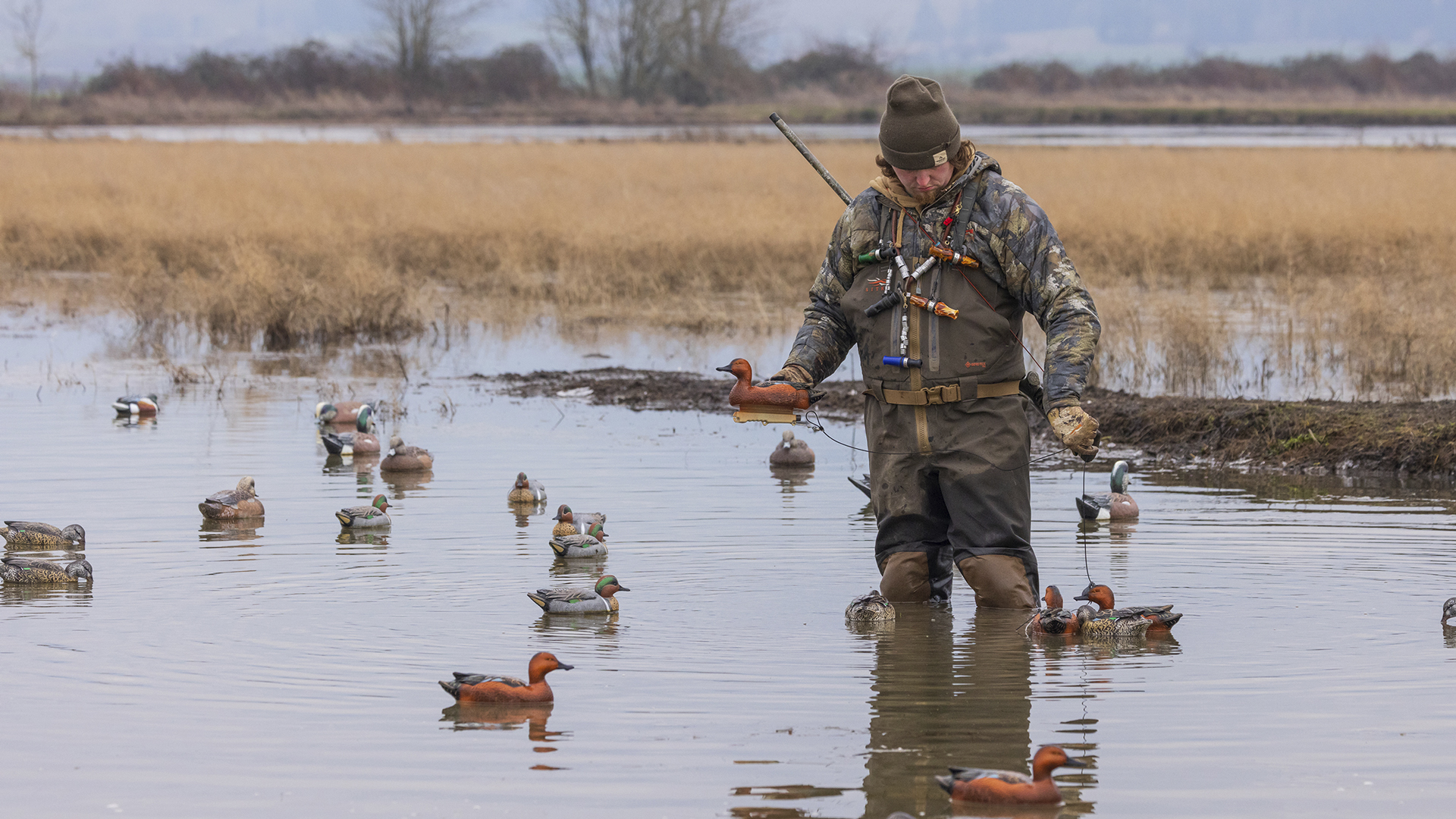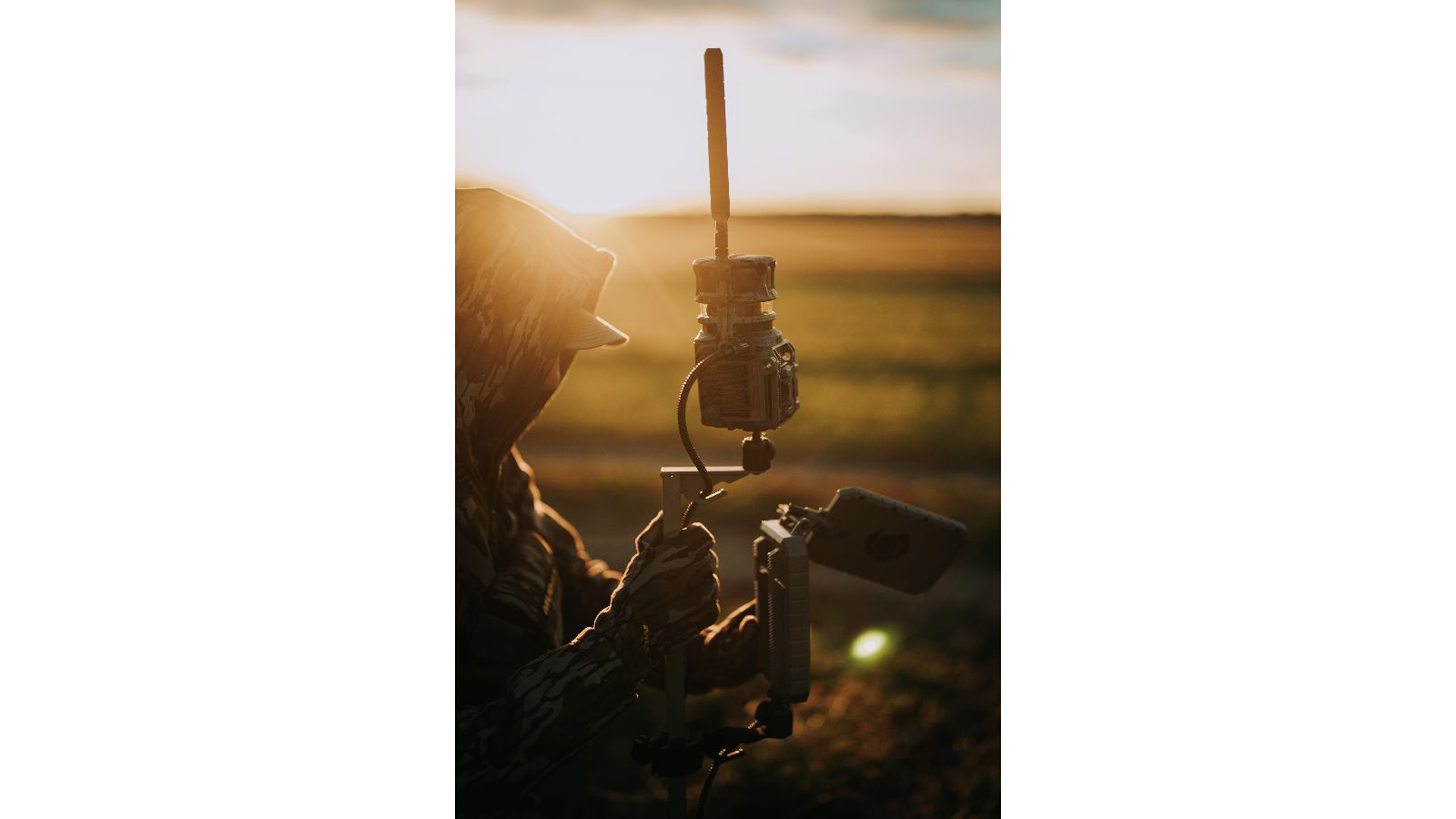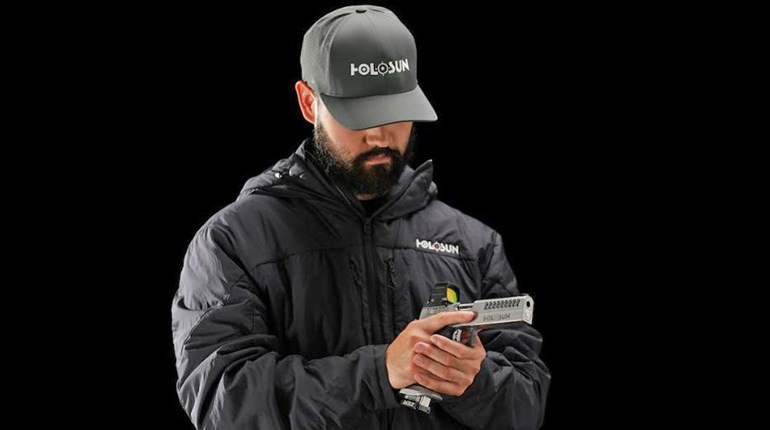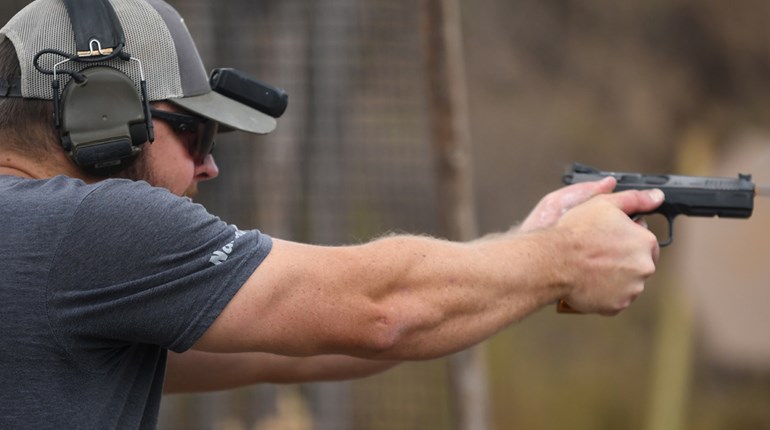
A recent report from the duck hunting conservation group Delta Waterfowl sheds light on a new set of regulations from the Centers for Disease Control and Prevention (CDC) that, among other things, will require all dogs entering the U.S. to be microchipped. Yes, you read that correctly. If you plan on traveling to Canada this fall to hunt ducks or geese with your dog, you will need to ensure that your dog is microchipped or risk your K-9 hunting buddy being denied re-entry into the US upon your return.
But that’s not all. According to the CDC website, which displays a “travel checklist” for those wishing to bring dogs into the country, in addition to the requirement that all dogs have an implanted International Organization for Standardization (ISO)-compatible microchip, the new regulations require that your dog be at least 6 months of age at the time of entry or return to the United States. No new puppies allowed. Period.
As for the microchip, the website states that it must have been implanted prior to any required rabies vaccination, and the microchip number must be documented on all required forms, including the CDC Dog Import Form, and in all accompanying veterinary records.
According to the CDC, the CDC Dog Import Form should be filled out 2-10 days before arrival and includes a requirement to upload a clear photograph of your dog showing its body and face. Dogs that do not meet all entry requirements or do not have accurate and valid forms will be denied entry to the United States and returned to the country of departure at the importer’s expense. These requirements apply to all dogs, including service dogs and dogs that were born in the United States.
In addition to affecting U.S. hunters traveling with their dogs to Canada and other countries to hunt, these new guidelines will affect breeders outside the U.S. that have, since now, been able to import puppies to US residents. So, if you’re looking to get your hands on a true English Harrier or Fox Hound puppy from across the pond, you’d better think that through as your puppy will need to be at least 6 months of age before you can bring him or her home.
In a statement from Delta Waterfowl, chief policy officer John Deveney said, “We are working with the AKC and other organizations to get our hands around these new regulations. We’re joining together to determine what might be done to modify the requirements to make them less onerous on dogs crossing the border for hunting, competition, training, and other legitimate purposes. We recognize that the intent of the CDC is justified in trying to manage some bad actors importing dogs into the country, but the unintended consequences ensnares a bunch of healthy working dogs—our duck dogs—in an overburdensome process.”
These new guidelines currently only apply to dogs coming into the U.S., meaning while you might not have any trouble crossing into Canada with your pup, coming home is a different story. As it stands, the new regulations go into effect on August 1, 2024, and will be in place for the upcoming 2024-25 hunting season.












